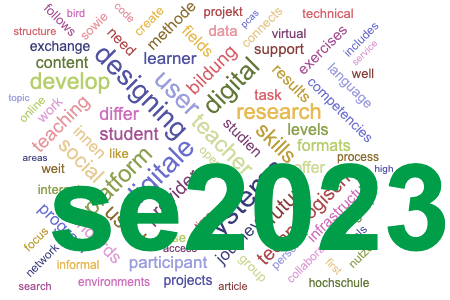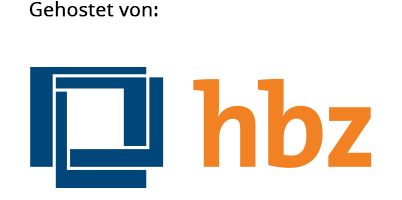Social VR as an approach to foster collaboration among scientists and educators within the networked infrastructure for education
Keywords:
Digitale Vernetzungsinfrastruktur für die Bildung, Social-VR, digital connectivity infrastructure for education, e-learning, social vr, virtual reality, virtual scientific academic conference;, virtuelle Realität, virtuelle wissenschaftliche KonferenzAbstract
With the current development of a central digital infrastructure to connect education, the Federal Republic of Germany aims to unite the multitude of existing educational platforms and offerings in order to enable broad, easy-to-use, personalized, and self-governing access to lifelong education and to facilitate collaboration among all stakeholders. Regarding the latter, a key challenge is to identify suitable technologies, and to evaluate, technically connect, and didactically use them thoroughly. In the present case study, we examined social virtual reality (VR) as a technology for scientific collaboration by carrying out a virtual scientific conference to assess perceived task-technology fit and technology acceptance. Participants (N = 31) reported a medium to high perceived fit, ease of use, and usefulness for social VR, resulting in a high behavioral intention for future use of the technology. In line with previous approaches to integrate task-technology fit and technology acceptance theory, the applied technology's fit predicted perceived ease of use and usefulness to result in a higher intention to use social VR. Overall, social VR appears suitable and sufficient for collaboration in the framework of scientific gatherings and is, therefore, to be considered a component of the digital infrastructure called “Digitale Vernetzungsinfrastruktur für die Bildung�������������. However, in line with previous research, the results point to the need for further development of social VR with regard to both technology and design to further enhance its suitability and convenience.Published
2023-09-11
Issue
Section
Articles



